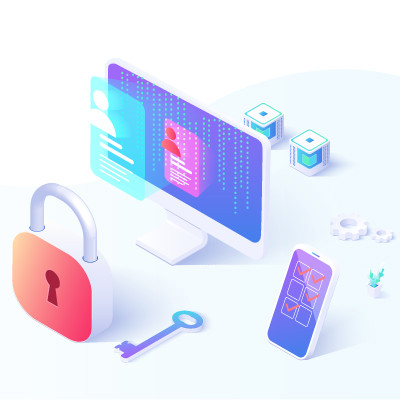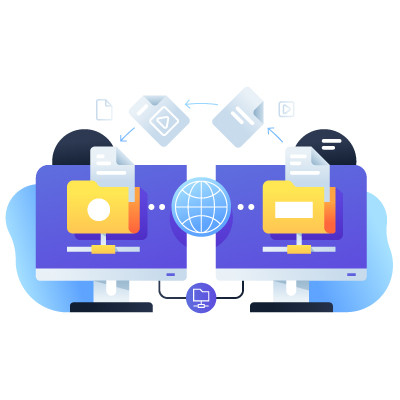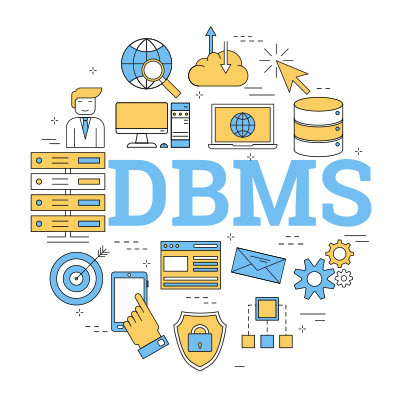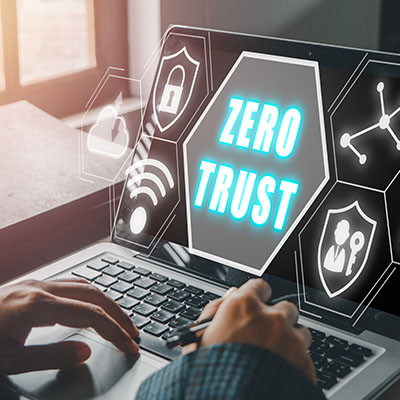Big data is now a crucial resource for businesses of all sizes, including small enterprises. Today, businesses have unprecedented access to vast amounts of data, enabling them to make more informed decisions and operate more efficiently. This month’s newsletter explores how small businesses harness big data's power.
Jackson Thornton Technologies News + Updates
Business file sharing has become a daily routine. It's a crucial part of collaboration, communication, and overall productivity. However, with the rise of cyberthreats, file security is more important than ever. It's not just about sharing files but doing it securely and efficiently. Today, we'll look at some best practices for business file sharing.
So, what is digital waste?
Digital waste is all the useless data in our data storage that lingers until we do something with it. Extra files no longer needed, old emails and chats, and old, blurry pictures you never have and will never use… all qualify as digital waste. While it’s easy to discount digital waste as an annoyance (which it certainly can be), it creates a much bigger and more serious problem.
Ensuring that your organization's file-sharing policies and procedures are built to enhance security can significantly impact collaboration, distinguishing between efficient, streamlined processes and time-purging, wasteful practices. Navigating this terrain can be a challenge. Let’s explore several best practices your organization can adopt to optimize file-sharing.
Remote employees are in a conundrum when it comes to data security. While you might be able to protect data stored locally on your company’s in-house network, securing data in use by employees while out of the office is another matter entirely. How can you guarantee that your business is protecting its data and other sensitive resources from prying eyes?
Your typical IT professional might suggest some common methods of network security like implementing better preventative measures, like firewalls and antivirus. However, there is more that goes into network security—far more. If you’re not careful, you could accidentally miss some of these three security solutions and expose your business to potential threats. But we’re not about to let that happen!
Over the past few years, artificial intelligence has become a bona fide buzzword amongst businesses of all sizes, with 97% of respondents to a Forbes survey seeing a potential benefit in some way, shape, or form. However, with it being integrated everywhere in our modern lives, it is important that we remember that AI is still a human invention, as such, it is vulnerable to our own implicit biases.
Any business can benefit from data and use it to improve its operations. This is especially the case where information technology is involved. By collecting the right metrics, you can better evaluate your business IT’s performance and identify areas for improvement.
Let’s review what some of these metrics should be.
The importance of databases in the context of an average business might be understated. They serve as an indispensable tool for ensuring smooth operations. An efficient Database Management System (DBMS) is actually more important than you may realize. This month, we look at the DBMS and its pivotal role in elevating your business operations.
With ransomware becoming one of the single most dangerous threats out there for small businesses, it’s more important than ever to know how to protect your company from its influence. Thankfully, there are measures you can take, including some very powerful ones like zero-trust policies that can thwart attempted ransomware attacks.
Your business’ backup and disaster recovery preparations are a critical part of your continued success as an organization, specifically, how they are measured by two key metrics: your recovery time objective (RTO) and your recovery point objective (RPO).
However, it’s important that you are able to determine what your organization can support in terms of your recovery time and recovery point objectives… but how does one do that?
With data security being a hot commodity with hackers, it’s no surprise that businesses want to do everything they can to protect their assets. One method for doing so is implementing a Virtual Private Network, or VPN, that can effectively obfuscate data while it’s in transit. Let’s go over some of the most valuable reasons why your business should be using a VPN.
Over the course of a year, a month, or even a single day, your business accumulates and utilizes a lot of data. You need systems in place to make good use of this data, otherwise your business is leaving efficiency on the table. Today we want to go over some proper uses for your data and how to make the most of this golden opportunity.
These days, data privacy is absolutely critical in both a business and individual context. In some locations, governments have introduced legislation to protect consumers, and in others, there is significant pushback in favor of fewer regulations on business. How does data privacy factor into your business’ operations?
You might see encryption as a major benefit to your cybersecurity strategy, but it’s often used in a way that might have you guessing whether you really understand it. Let’s take a closer look into what encryption does to your data, as well as why it is essential for any business to ensure maximum privacy and security.
Professional sports has witnessed a significant shift in the way teams and organizations approach their strategies. Gone are the days when gut instinct and intuition were the sole driving forces behind decisions. Nowadays, sports are increasingly relying on analytics to gain a competitive edge. In this week’s blog, we explore the growing influence of analytics in sports and the ways in which data-driven insights have revolutionized the game.





















